Product pictures
| Amount Per 1 cup, 240 g | |||
| Calories | 230 Kcal (963 kJ) | ||
| Calories from fat | 63 Kcal | ||
| % Daily Value* | |||
| Total Fat | 7g | 11% | |
|---|---|---|---|
| Saturated Fat | 2.5g | 13% | |
| Cholesterol | 10mg | 3% | |
| Sodium | 700mg | 29% | |
| Total Carbs | 33g | 11% | |
| Sugars | 5g | 20% | |
| Dietary Fiber | 7g | 28% | |
| Protein | 8g | 16% | |
| Vitamin C | 3mg | 5% | |
| Vitamin A | 0.1mg | 4% | |
| Iron | 2.3mg | 13% | |
| Calcium | 40mg | 4% | |
* Percent Daily Values are based on a 2000 calorie diet. Your daily values may be higher or lower depending on your calorie needs.
Find out how many calories should you eat.
Ingredients And Nutrition Overview
Best
choice Good
choice Poor
choice Avoid
it!
choice Good
choice Poor
choice Avoid
it!
-
WeightWatchers Points: 4.4, PointsPlus: 6, SmartPoints: 7
WeightWatchers Points are estimated by carbohydrates, fats, protein and fiber in product. They are not an affirmation of better quality or nutritional value of the product or its manufacturer. Only way to count for dieters. Less points are better.
Read more at Weight watchers diet review -
Much saturated fat
Too much saturated fat raises blood cholesterol, that can increase the risk of heart disease.
This fact has been approved by most health organizations in the world.
You have to limit the intake of it by your recommended daily intake.
Ideally, we should eat less than 10% of calories from saturated fat, so the reference value for an average adult is 24 grams daily.
Remember: a 1-ounce slice of regular cheese has nearly 5 grams of saturated fat.
Read more about fat -
Salty! Has over 29% of the daily sodium max
The average American consumes 5,000 mg of sodium daily — twice the recommended amount amount of 2400mg for healthy adults, this is 1 teaspoon of salt.
For medical reasons many people should not exceed 1500mg of sodium.
Surprisingly, you're responsible for only 15% of the sodium in your diet the bigger part - 75% of the sodium that you consume each day comes from processed foods, not home cooking or the salt shaker.
Excess sodium intake increases the risk of high blood pressure, hypernatremia, hypertension, cardiovascular disease and other heart problems.
Are these reasons enough to cut the sodium intake? No doubt! -
Convert Salt tsps to Sodium mg easily
Salt (NaCl) is not excactly sodium (Na).
It is not right to use these terms as synonyms.
The FDA recommended limit of sodium is 2,300 mg per day (or even less - about 1500 mg while one is on low sodium diets).
This is much less than the weight of salt.
(5,750 mg per day or 3,750 mg for low sodium diet) and not so convenient to calculate.
Know how much sodium is in your salt - without a calculator:
1/4 tsp salt = 600 mg sodium
1/2 tsp salt = 1200 mg sodium
3/4 tsp salt = 1800 mg sodium
1 tsp salt = 2300 mg sodium -
2 tsp of sugars per serving
This volume includes both naturally occurring from ingredients and specially added sugars.
USDA tells us that last years each American consumed an average 130 pounds of caloric sweeteners per year!
That works out to 30 tsp of sugars per day approximately 480 extra calories!
Just to think: Eating just 200 more calories daily than your body requires for body functioning and exercise leads to a 20-pound weight gain in a year. -
High in fiber! Great More than 28% of daily needs!
Eat more fiber. You've heard it many times. But why it is so good for your health?
Dietary fiber is best known for its ability to make our digestion going right.
So want to prevent or relieve constipation - eat more fiber!
There are also other great health benefits as well, such as lowering your risk of diabetes, heart disease and cancer, and helping to maintain a healthy weight by helping to feel you full longer.
The best source of fiber are fruits, vegetables, whole grains and legumes and not processed foods with added fiber. -
A good source of protein
For many vegans and vegetarians, it's important to get enough protein.
The product you've just scanned will provide you with 16% or more of your daily protein requirement.
If you're a vegan having trouble meeting your protein needs, try nuts and beans.
Sprinkling nuts onto any dish is a quick, easy and nutritious solution.
Try adding beans in places you might not normally eat them.
Add beans to pasta dishes, stir fries and even salads.
While meat alternatives like Tofu do provide a quick and easy protein intake, they should not be your only source of protein.
Eat proteins from a variety of sources for best results. -
Interested in getting more protein?
Protein is important, but some of the protein you find in this product isn't exactly natural.
The protein comes from one of the following sources:
- milk protein concentrate
- whey protein isolate
- soy protein isolate
and that it's not ideal to get protein only from processed goods.
If you're looking for more protein, try beans, quinoa, nuts, seeds, peas and spinach & leafy greens.
Not only do they have protein, they're filled with other vitamins and minerals. -
Contains trans-fats! Even if label says 0!
Consumption of food containing trans-fat has unequivocally been shown to increase the risk of heart disease by raising levels of LDL (bad cholesterol), and lowering levels of HDL (good cholesterol).Why do the nutrition labels on some products say that there are no trans fats? Unfortunately there is an FDA loop hole here. If the amount of trans-fat in a product is less than half a gram per serving, manufacturers can round it down to 0.But even 0.49 grams of trans-fat is bad for you. And don't even get us started on the actual consumption versus the tiny serving size.So how do you know if a product does have trans fat in it? Look for "partially hydrogenated" oils and fats in the ingredient list.
-
Contains MSG!
Monosodium Glutamate is responsible for the umami (savory) flavor of foods, but some people steer away from it as it causes them adverse reactions.
-
Highly Processed!
This product is highly processed. If you'll take a look at its ingredient list, you'll discover new words to add to your vocabulary. Many of theses ingredients are required to increase the shelf life of the product and improve the flavor that disappears when food is not fresh.
-
Contains high fructose corn syrup
High fructose corn syrup (HFCS) is a highly processed ingredient manufactured from surplus corn, and yielding a cheap replacement to table sugar. In the early 1980's many food manufacturers started using it instead of sugar as a cost cutting measure. That's about the same time obesity rates started to skyrocket in the US. Most scientists agree that HFCS is no better and no worse than plain sugar, though some newer studies seem to find the two affect the metabolism differently. Consumption of both should be drastically limited.
-
Contains MSG-like ingredients
People sensitive to MSG may also be sensitive to MSG-like substances. These are glutamates or chemically similar items added to improve a product's taste. Here is a short list of common MSG-like substances (see our blog for more): - Yeast extract - Autolyzed yeast - Hydrolyzed proteins
Allergens
Gluten Allergy, Wheat Allergy, Soy Allergy, Corn Allergy, Lactose Allergy, Milk Allergy
Ravioli mini beef Ingredients
Tomato Puree (Water, Tomato Paste), Water, Enriched Wheat Flour (Wheat Flour, Malted Barley Flour, Niacin, Ferrous Sulfate, Thiamine Mononitrate, Riboflavin, Folic Acid), Beef, Breadcrumbs (Enriched Wheat Flour [Wheat Flour, Niacin, Ferrous Sulfate, Thiamine Mononitrate, Riboflavin, Folic Acid], Dextrose, Salt, Yeast, Soybean Oil), Contains Less than 2%: High Fructose Corn Syrup, Salt, Textured Soy Protein (Caramel Color Added), Food Starch-Modified, Dehydrated Onion, Potassium Chloride, Natural Flavor, Caramel Color, Garlic Powder, Carrots, Enzyme Modified Romano Cheese (Romano Cheese [Pasteurized Cow's Milk, Cheese Cultures, Salt, Enzymes], Water, Salt, Disodium Phosphate), Citric Acid, Sugar, Spice Extracts.
You Might Also Like
% RDI of Main Nutrition Facts
12%
of RDI* (230 calories) 240 g
-
Cal: 11.5 %
-
Fat: 10.8 %
-
Carb: 11 %
-
Prot: 16 %
-
0%25%75%RDI norm*
Calories Breakdown
- Carbs (58.1%)
- Fat (27.8%)
- Protein (14.1%)
Get Your Recipe of Health!
Follow RecipeOfHealth on Facebook!

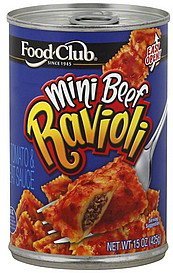
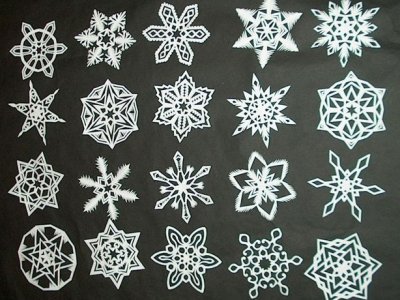
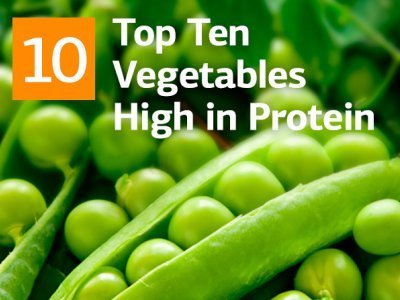

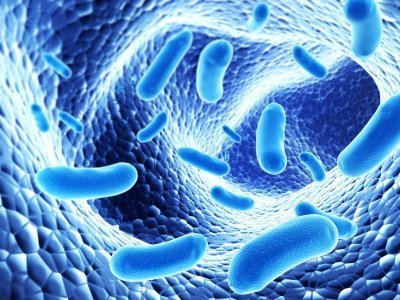






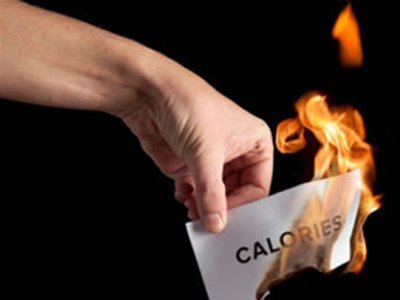
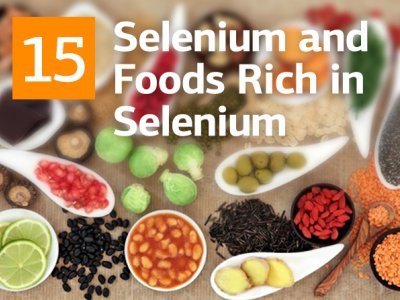
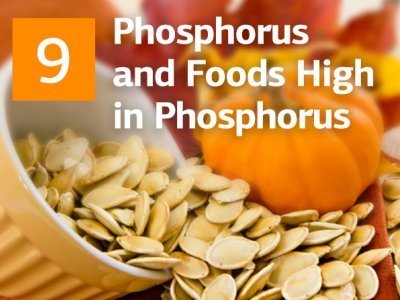
Add your comment